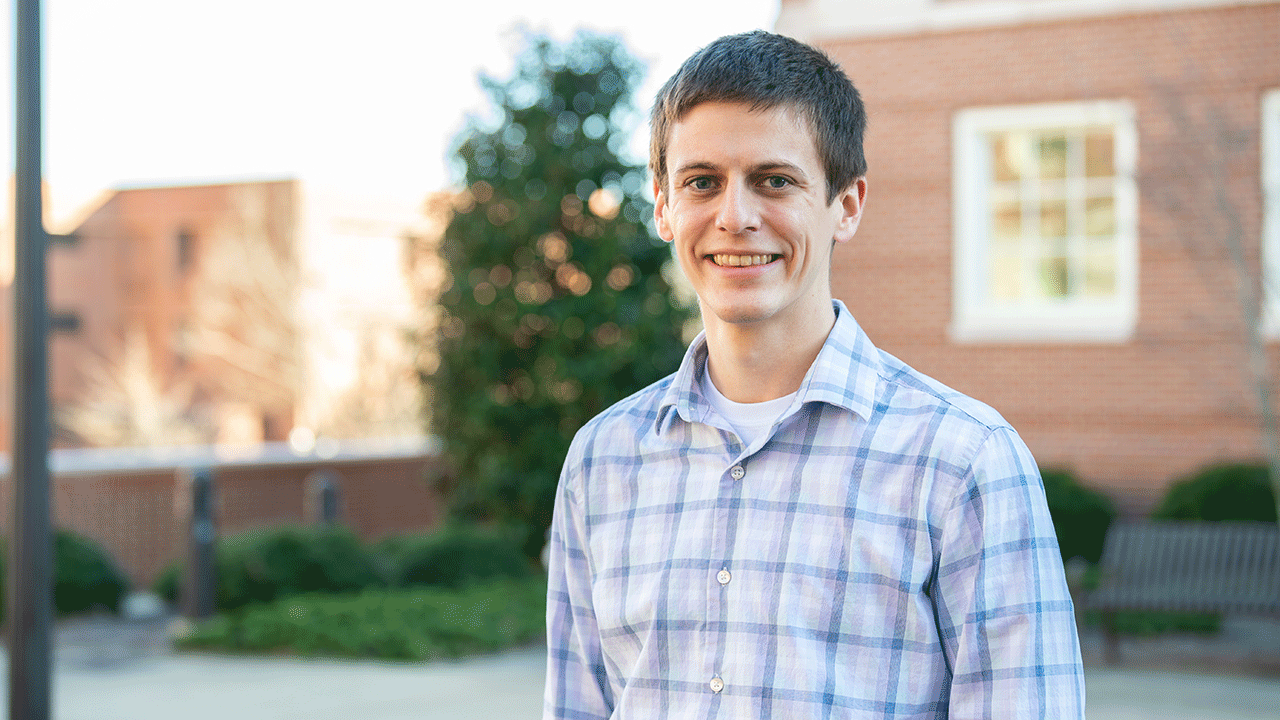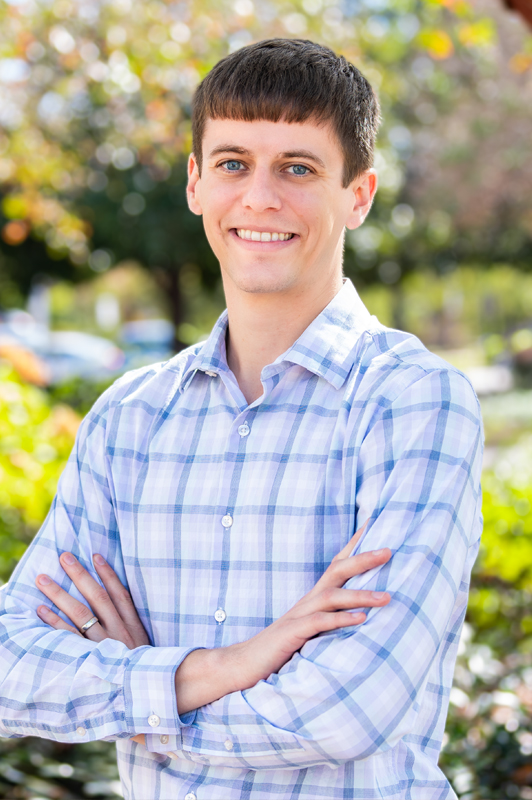Assistant professor in chemical engineering earns $430k National Science Foundation grant
Published: Aug 18, 2023 6:00 AM
By Joe McAdory
Michael Howard, assistant professor in chemical engineering, is developing computer models to help scientists understand and design soft materials, from industrial fluids and consumer products to nanoparticles delivered to complex environments like the body.
His project, “Elements: Multiparticle collision dynamics simulations of mesoscale hydrodynamic interactions in complex soft materials and environments,” will provide open-source software with advanced features that enable new science. The software will also enhance transparency & reproducibility by supplanting private codes currently used by researchers.
The National Science Foundation awarded Howard, the project’s principal investigator, $430,000 toward the three-year study.
“Building on software I created when I was a doctoral student, my team and collaborators from the University of Houston will develop software that can be used for modeling soft materials like nanoparticles or polymers,” Howard said. “We’re not necessarily trying to answer scientific questions ourselves. We’re trying to develop tools that will help other researchers.”
Such tools/models will be used to answer basic scientific questions and carry out engineering design.
Howard’s multi-disciplinary project will implement:
- Rigid-body integrators for simulating complex solutes;
- An algorithm adapted from graphics processing for modeling geometrically complex solid boundaries to stimulate transport in confined geometries;
- Non-equilibrium methods to characterize the rheological properties of soft materials.
“Soft materials can be challenging to design because there are many options and choices to make. Determining the right formulation in a lab can be a time-consuming, labor-intensive process,” he said. “Modeling allows scientists to run these experiments on a computer first before taking them into a laboratory setting. We believe our project will help address some important gaps where people want to be able to use our modeling tools but can’t currently.”
Such materials could include complex fluids like paints or automobile fluids, those used in wastewater treatment technologies, or even cells, proteins, and nanomedicines that flow throughout the body.
“The reason I became an engineer is because I enjoy solving problems,” Howard said. “Many of these problems have been examined by people for a long time, but computer modeling allows us to learn new things about them that we couldn’t before. I like working at this interface between science and engineering. Chemical engineers are very interdisciplinary, and the problems that chemical engineers tend to work on have the potential for great impact. We, as engineers, have the opportunity to help, and that’s exciting.”
Media Contact: , jem0040@auburn.edu, 334.844.3447
Michael Howard said, "The reason I became an engineer is because I like to solve problems."


